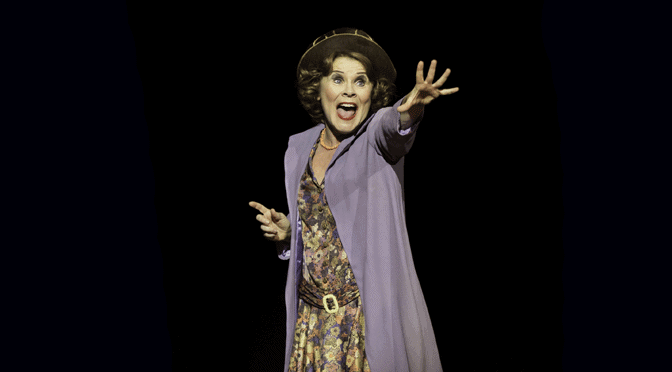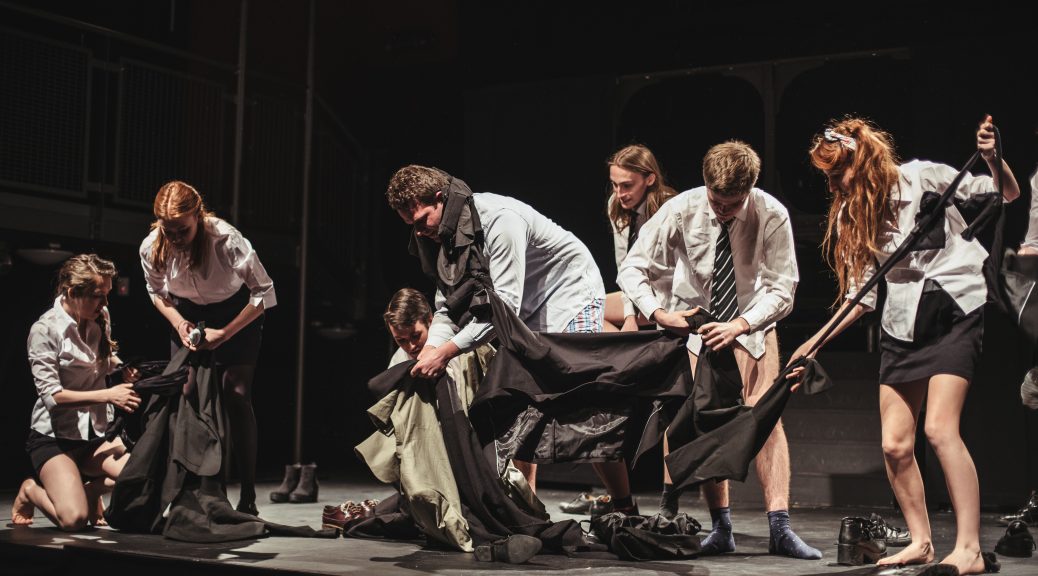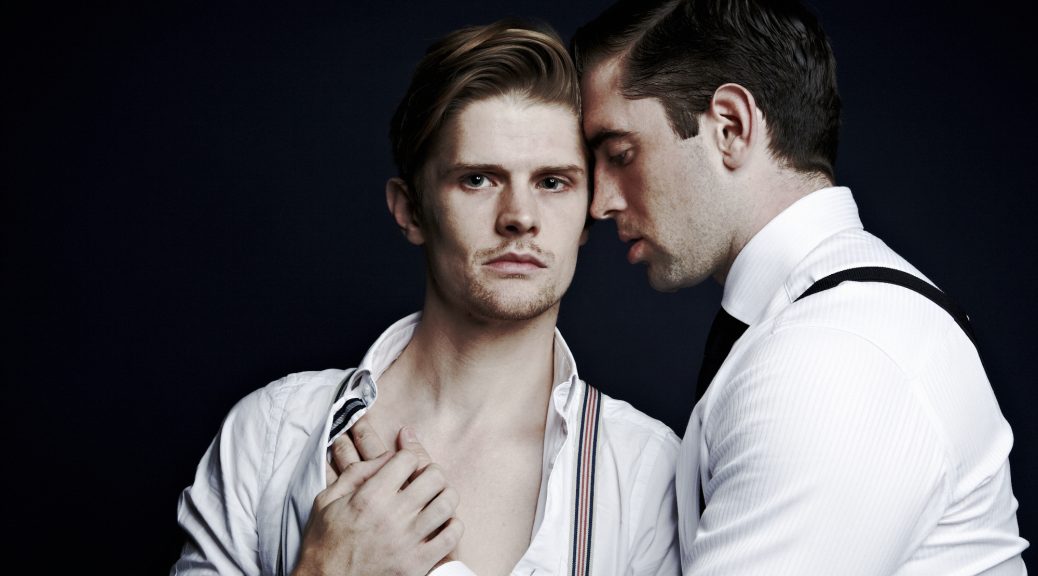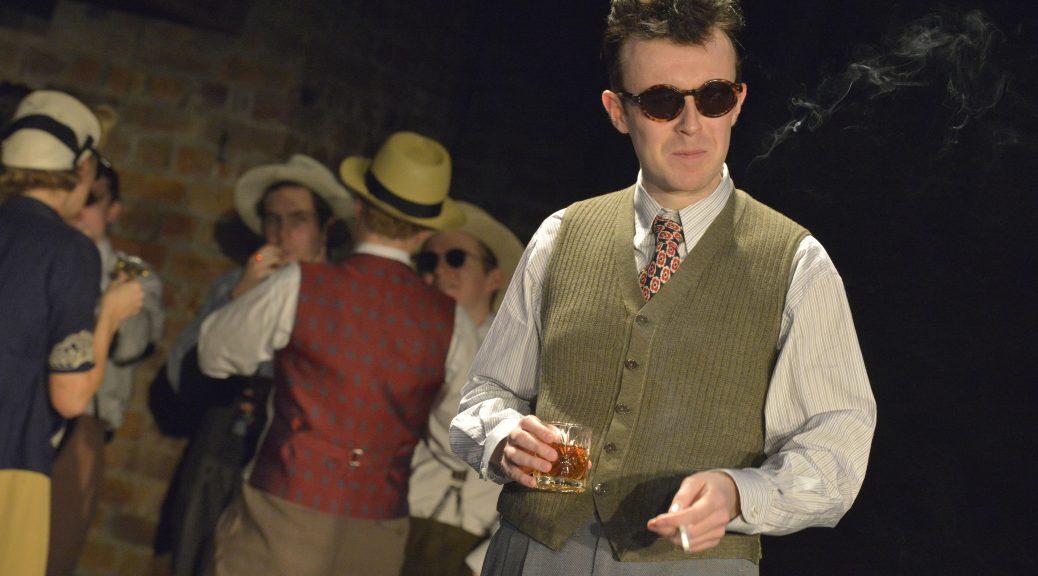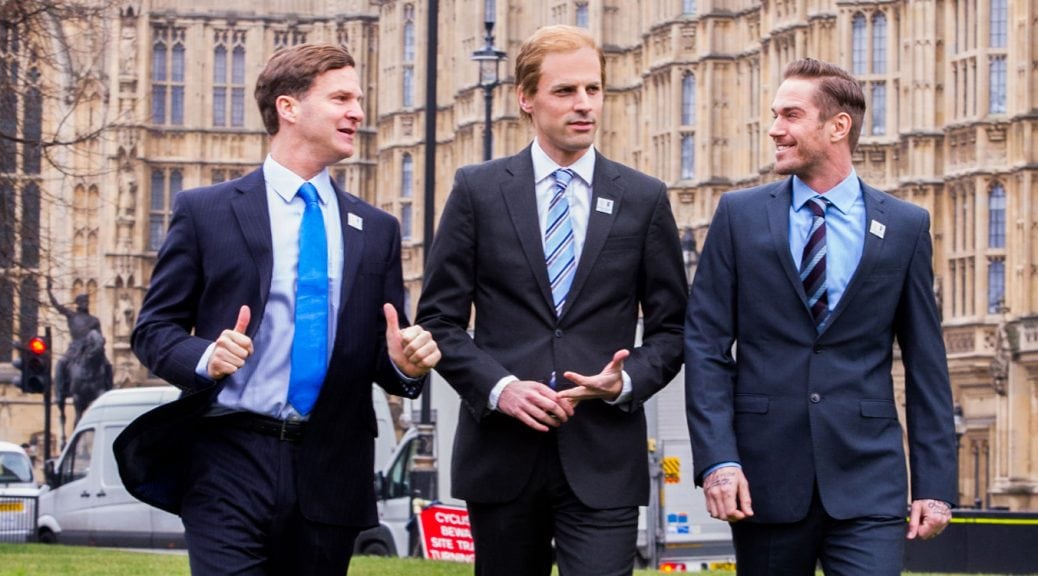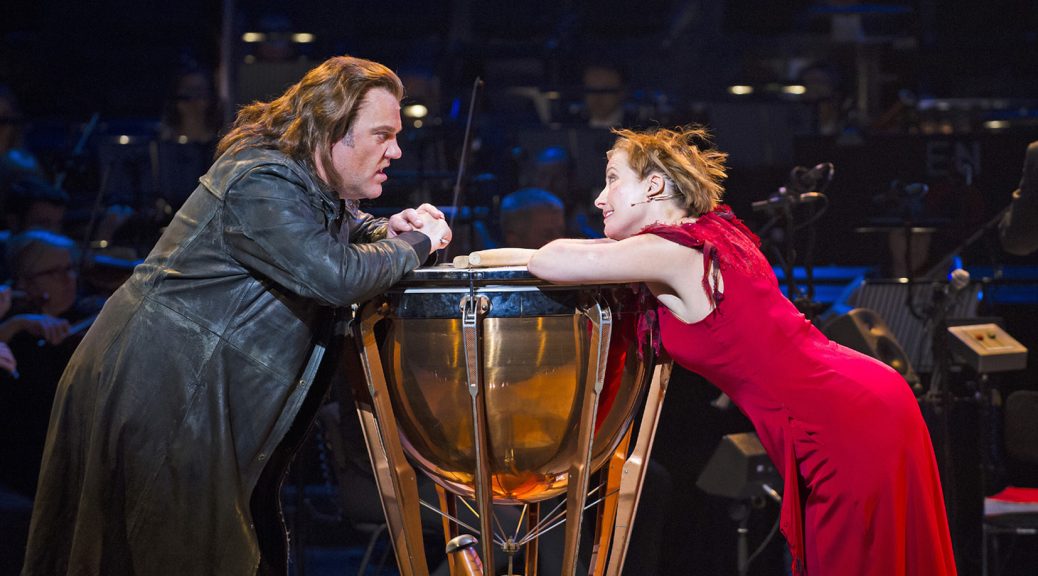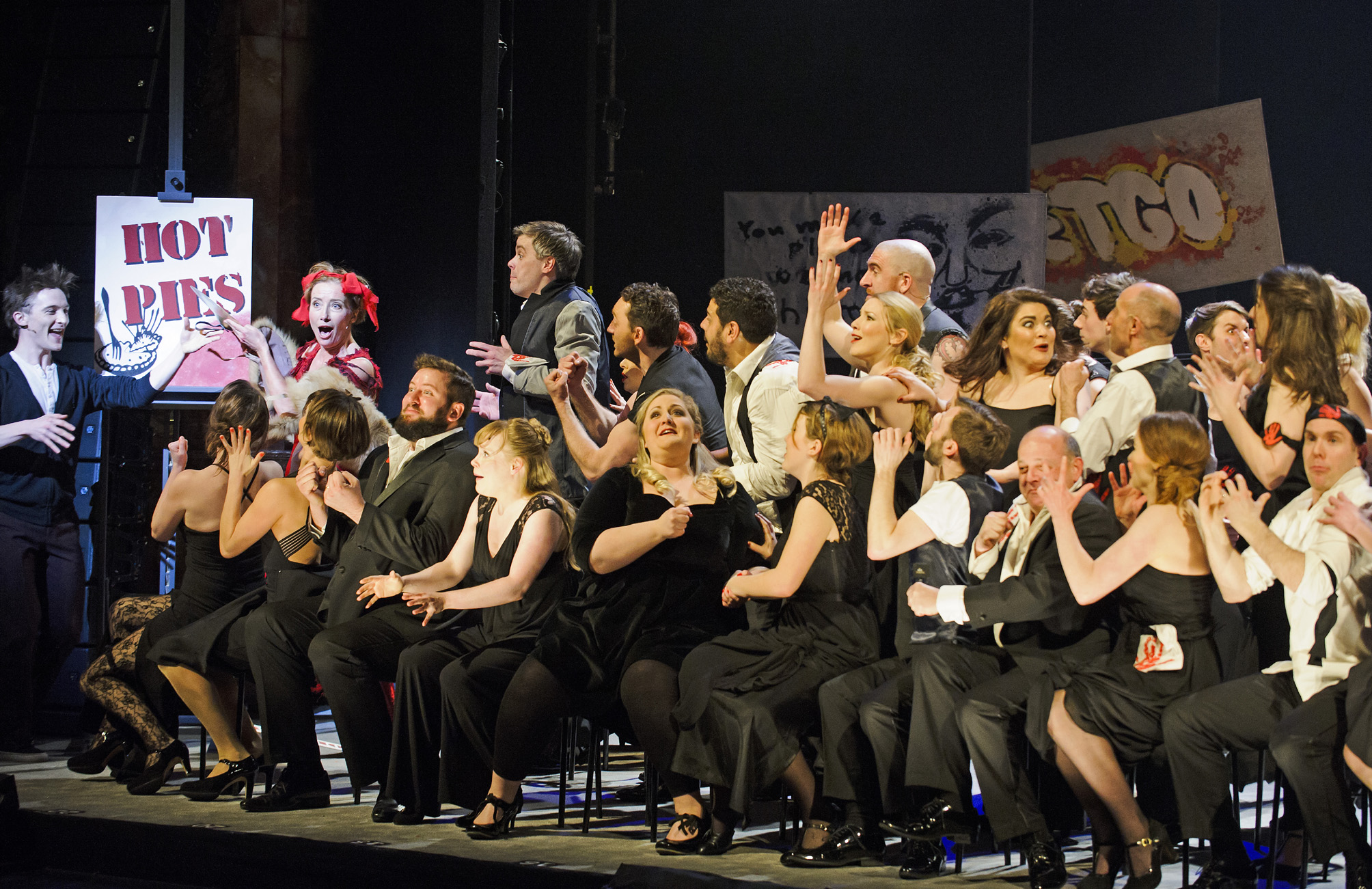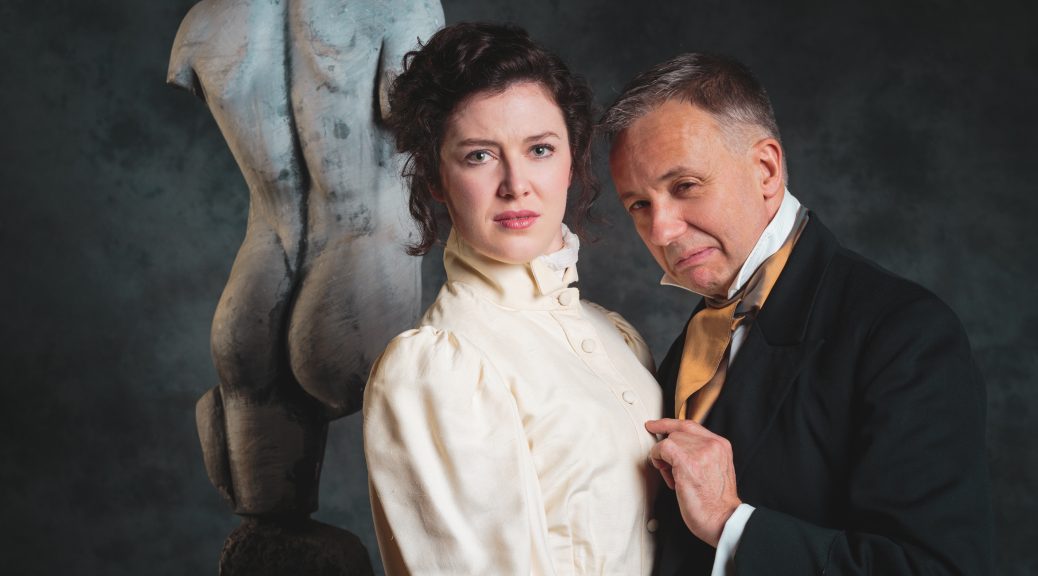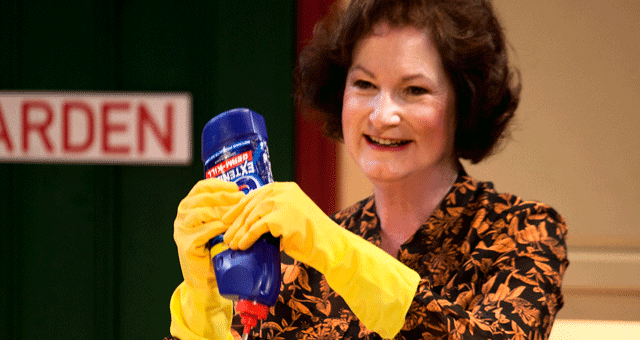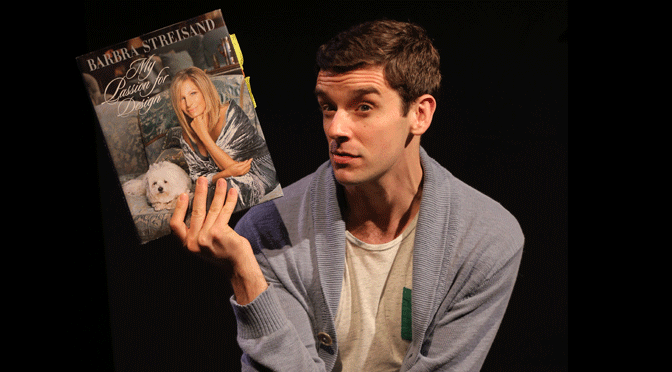Believe the hype. Jonathan Kent’s triumphant revival of Gypsy, coming from the Chichester Festival Theatre, deserves every one of the many stars critics have lavished upon it. And, as for stars, Imelda Staunton’s much lauded performance in the lead really is a triumph, attracting every superlative imaginable.
Of course, it helps that the musical itself is wonderful. Jule Styne’s score has hits and a satisfying coherence that builds power in a symphonic fashion. Arthur Laurents’ book is perfection: powerful family relationships and fundamental emotions elaborated through the story of a pushy showbiz mother, touring America’s dying Vaudeville circuit, and the bitter success of her daughter becoming the burlesque queen Gypsy Rose Lee. Stephen Sondheim’s lyrics are justly legendary, from ‘Have an Egg Roll Mr Goldstone’ to the phenomenal ‘Everything’s Coming Up Roses’.
This production of Gypsy has the highest standards. It feels like a bit of Broadway in the West End. Kent’s handling is loving – he knows he’s crafting a gem and creates a tremendous energy. The show sounds gloriously brassy, which is just right, while the detailed, mobile sets from Anthony Ward embody a ‘Hi, ho the glamorous life’ of travelling performers. There are strong performances from Gemma Sutton and Lara Pulver as Momma Rose’s long-suffering daughters, especially Pulver and she blossoms into the striptease sensation that is Gypsy.
Against this flawless backdrop, Staunton excels as Momma Rose. Surely there can be few roles more daunting – remember, the critic Frank Rich described the part as musical theatre’s unlikely answer to King Lear. And think of what big shoes there are to fill. Staunton’s comedy skills are the best around and, in Gypsy, her acting shines. When Staunton wants a laugh – she got it. But Momma Rose is grown with subtlety, her fragility well established before her final breakdown. This makes the famous scene of ‘Rose’s Turn’ startlingly brave and painfully real.
Curtain up until 28 November 2015
Photo by Johan Persson

